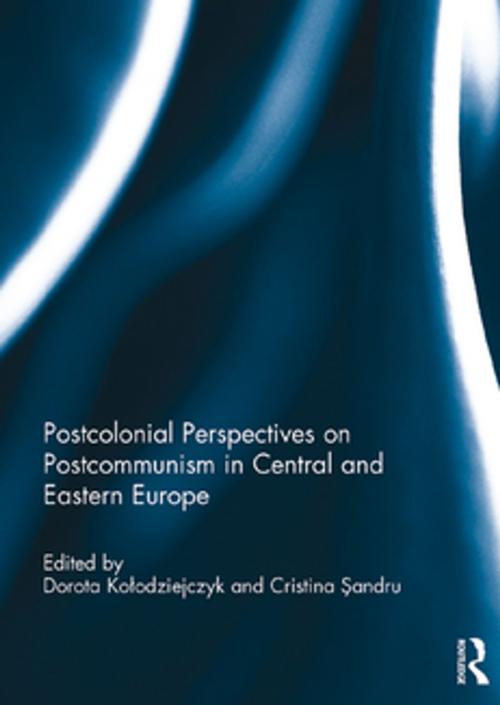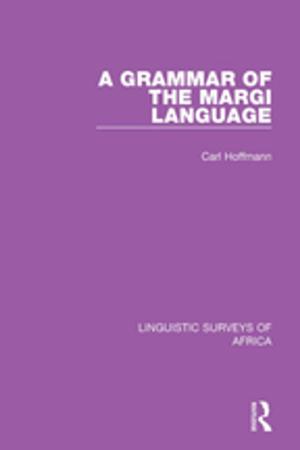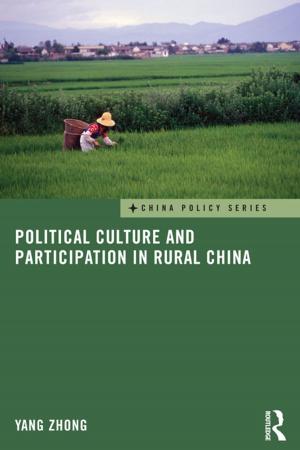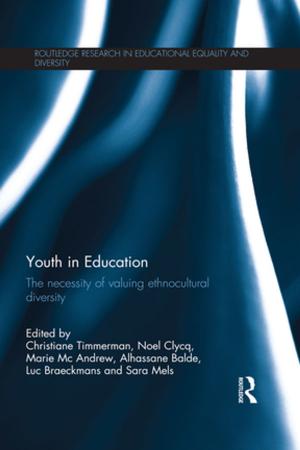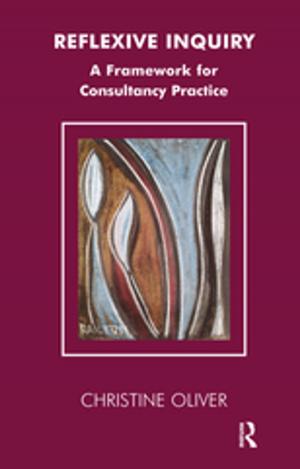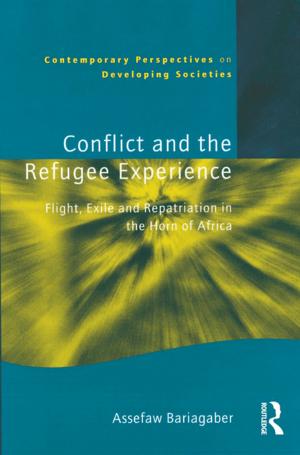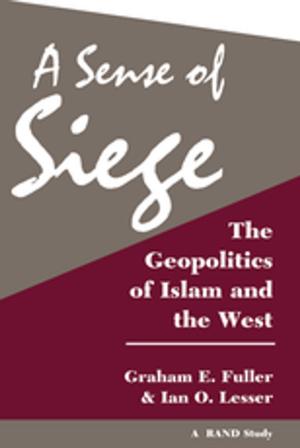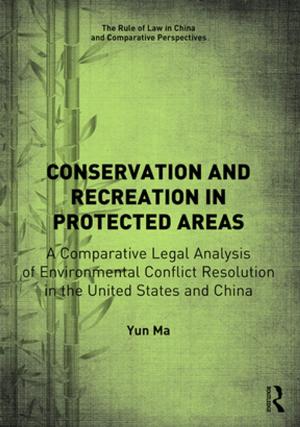Postcolonial Perspectives on Postcommunism in Central and Eastern Europe
Fiction & Literature, Literary Theory & Criticism| Author: | ISBN: | 9781317285991 | |
| Publisher: | Taylor and Francis | Publication: | October 2, 2017 |
| Imprint: | Routledge | Language: | English |
| Author: | |
| ISBN: | 9781317285991 |
| Publisher: | Taylor and Francis |
| Publication: | October 2, 2017 |
| Imprint: | Routledge |
| Language: | English |
A quarter of a century after the fall of the Berlin Wall, and from the vantage point of a post-Cold War, globalised, world, there is a need to address the relative neglect of postcommunism in analysis of postcolonial and neo-colonial configurations of power and influence.
This book proposes new critical perspectives on several themes and concepts that have emerged within, or been propagated by, postcolonial studies. These themes include structures of exclusion/ inclusion; formations of nationalism, structures of othering, and representations of difference; forms and historical realisations of anti-colonial/anti-imperial struggle; the experience of trauma (involving issues of collective memory/amnesia and the re-writing of history); resistance as a complex of cultural practices; and concepts such as alterity, ambivalence, self-colonisation, dislocation, hegemonic discourse, minority, and subaltern cultures.
Taken together, this volume suggests that some of the methodological instruments of postcolonial criticism can be fruitfully applied to the study of postcommunist cultures and, conversely, that the experience of the Soviet brand of imperialist rule in the form of communism in East-Central Europe can function as an ideological moderator in Third-World oriented, Marxist-inspired, postcolonial discourses. This book was originally published as a special issue of the Journal of Postcolonial Writing.
A quarter of a century after the fall of the Berlin Wall, and from the vantage point of a post-Cold War, globalised, world, there is a need to address the relative neglect of postcommunism in analysis of postcolonial and neo-colonial configurations of power and influence.
This book proposes new critical perspectives on several themes and concepts that have emerged within, or been propagated by, postcolonial studies. These themes include structures of exclusion/ inclusion; formations of nationalism, structures of othering, and representations of difference; forms and historical realisations of anti-colonial/anti-imperial struggle; the experience of trauma (involving issues of collective memory/amnesia and the re-writing of history); resistance as a complex of cultural practices; and concepts such as alterity, ambivalence, self-colonisation, dislocation, hegemonic discourse, minority, and subaltern cultures.
Taken together, this volume suggests that some of the methodological instruments of postcolonial criticism can be fruitfully applied to the study of postcommunist cultures and, conversely, that the experience of the Soviet brand of imperialist rule in the form of communism in East-Central Europe can function as an ideological moderator in Third-World oriented, Marxist-inspired, postcolonial discourses. This book was originally published as a special issue of the Journal of Postcolonial Writing.
